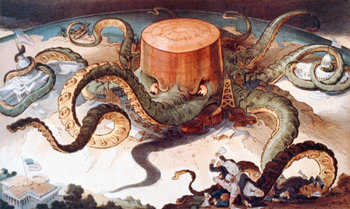
Regulatory ComplianceAdhering to laws, regulations and guidelines issued by government authorities. | Standards ComplianceComplying to standards such as industry, business or sustainability related certifications. |
Code of ConductA set of ethical principles that you establish within your organization. | Compliance CultureNorms and values in an organization that promote compliance and ethical conduct. |
Risk ManagementIdentifying and treating risk. | Internal ControlsImplementing processes, procedures and other things such as checklists to implement compliance. |
Compliance MonitoringSystematically evaluating compliance on an ongoing basis. | Compliance AuditsSystematic and independent evaluations of compliance. |
Compliance TrainingTraining and education that help your employees to recognize compliance issues and achieve compliance. | WhistleblowingOpen channels for employees to report concerns confidentially without fear of retaliation. |
OversightAn independent body that can accept complaints about power structures such as government agencies. | GovernanceStructures that ensure management accountability. Can replace the management of a firm. |
AccountabilityA named person who is accountable for failures and compliance violations. This is the person with the authority to achieve compliance. | TransparencyOpenly communicating things is the friend of compliance as it highlights any issues immediately. |
Compliance CommunicationCompliance often requires communicating things to stakeholders. For example, an organization that must report a security breach to government agencies and impacted customers. | Compliance IntegrationCompliance is a consideration for all strategy, decisions, projects and changes. It is integrated into business processes and processes of change. |
Continuous ImprovementThe process of learning from failure and improving compliance on an ongoing basis. | Compliance ReportingReporting compliance related metrics, benchmarks and issues to internal and external stakeholders. |























